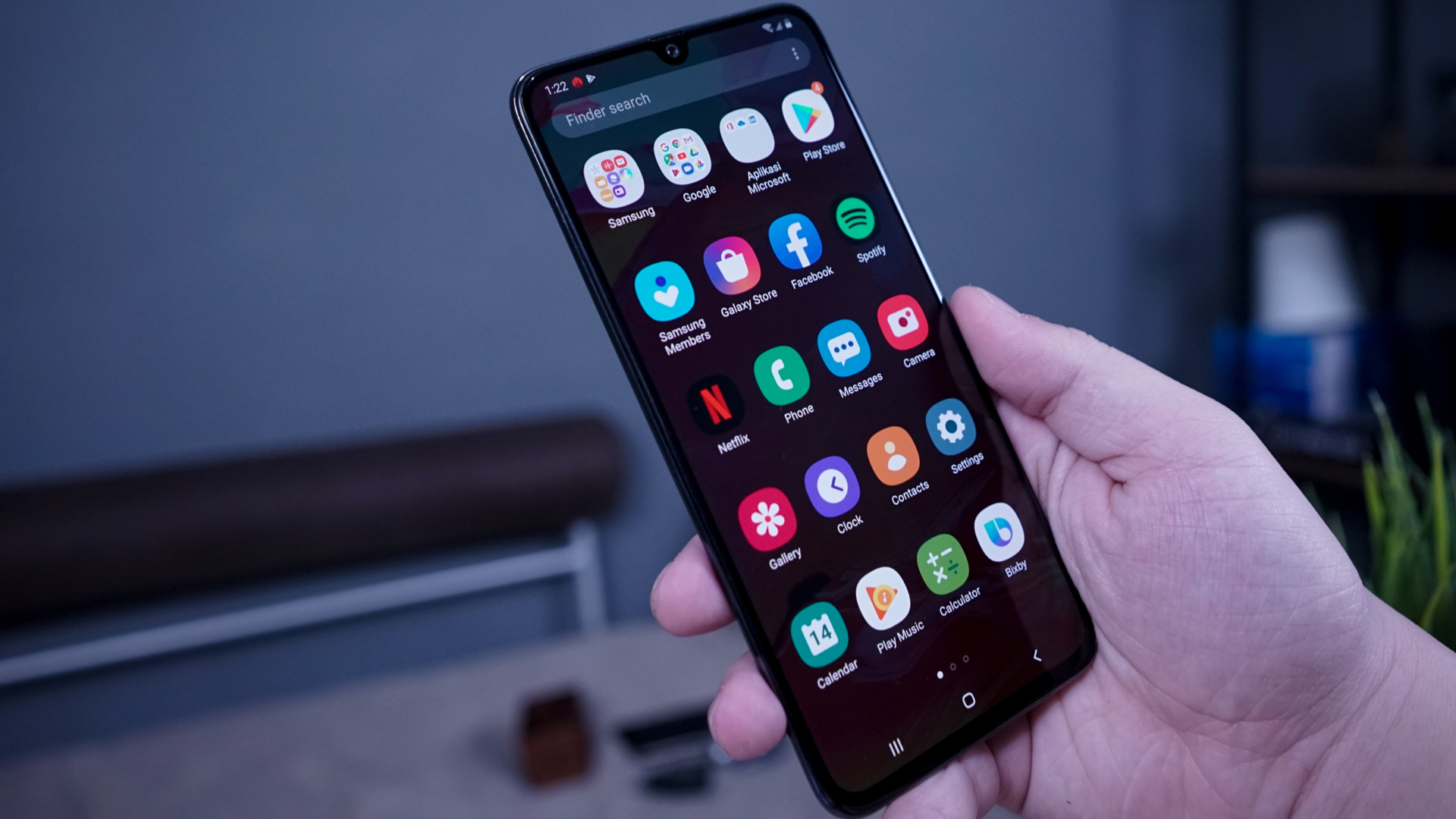Are Android VPNs legal?
Can you get in legal hot water for using an Android VPN?

As we spend more and more time on our Android phones, we do many daily activities on them, including banking, shopping, and working. It makes sense to want to improve the security and privacy of our internet connection when connecting via an Android phone.
An Android VPN (virtual private network) can help. When you use a VPN, all your internet traffic is safely encrypted and routed through a remote server, making you virtually anonymous online. The best VPN can give you the choice of where to connect through, so you can appear as if you’re connecting to the internet from another country.
However, the legality of VPNs frequently comes into question. Is it safe to use a VPN on your Android device? In this article, we’ll shed some light on whether you can get into trouble with the law for using a VPN on your Android phone.
Why might people think Android VPNs are illegal?
Since VPNs help mask your identity online, some people think that this must mean VPN users have something to hide. But most people use VPNs for legitimate purposes, such as transmitting company documents securely, improving their internet connection speed, and avoiding advertising tracking software.
In fact, VPNs are an important part of online business, and unless you’re in a country that explicitly bans them, they’re entirely legal.
How can you legally use an Android VPN?
VPNs can be legally used in many ways. Using one means the data you send and receive online is encrypted, so your information is secure and private.
VPNs are often used to stream video content that isn’t available in your country. Some content on streaming sites like Netflix and Disney+ is geo-blocked, meaning it will only work for you if you’re streaming from within a certain country. You can get around this by using a VPN. If you connect to Netflix from the US through a VPN server in the UK, for example, you can view the entire Netflix UK catalog. This is perfectly legal, though it’s against Netflix’s terms of service. To date, however, Netflix has never banned anyone for using a VPN.
Sign up to get the BEST of Tom's Guide direct to your inbox.
Get instant access to breaking news, the hottest reviews, great deals and helpful tips.
- Check out the best iPlayer VPN
When is using an Android VPN illegal?
In most of the world, there are no laws regarding VPN use. But a few countries, such as North Korea, Oman, and Iraq, have banned VPNs. Others, like China and Russia, allow their limited use. You should check the laws of any country you’re visiting, but even in countries with VPN laws, there have been no reports of people being banned purely for using one.
The important thing to note is that anything you do online that is illegal is still illegal even if you use a VPN. You might be able to mask your activities better if you use a VPN, but sharing copyrighted material, participating in online harassment, or selling illegal goods could still land you in serious trouble.
But in summary, you have nothing to fear from using a VPN. VPNs have been used by companies for legitimate purposes for decades, and vast swathes of the modern Internet still depend on them to operate. VPNs on your Android device can be used to avoid government blocks, stream geo-blocked content, evade advertising tracking, and protect your data, so they can be extremely useful to any Android phone owner.
What's the best VPN for your Android device?
ExpressVPN is the best Android VPN available.
With over 3,000 servers, a slick, simple and powerful Android app and excellent privacy features, ExpressVPN is your best option for protecting your phone, tablet, or even Fire TV Stick. And now, Tom's Guide readers can claim three free months with any annual plan.
Richard is a technology writer with over 20 years experience in website development, marketing, and SEO. A graduate in Computer Science, he has lectured in Java programming and built software for companies including Samsung and Walmart. Richard writes for TechRadar, IT Pro, Tom's Guide, and PC Gamer.


